Entries Tagged 'NONFICTION' ↓
October 24th, 2008 — Film, NONFICTION, Politics, Pop Culture
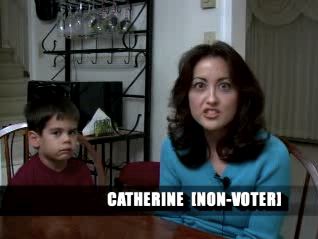
Why do Americans not vote?
In her new documentary, Holler Back: [Not] Voting in an American Town, director Lulu Fries’dat examines voter apathy through the eyes of Allentown, PA residents, ones both active and inactive in the electoral process.
Lulu Fries’dat is the guest on my WBAI-NY / 99.5 FM radio show, NONFICTION, this afternoon, Friday, October 24, 2 pm ET.
Continue reading →
October 17th, 2008 — Controversy, History, NONFICTION, Photography, Race, Sports
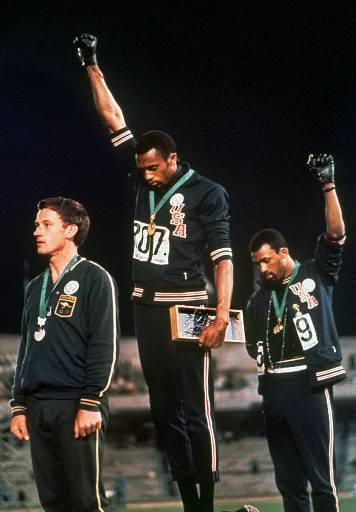
It may be the most iconic moment in all of sports history. Forty years ago, this week, U.S. athletes Tommie Smith and John Carlos, center and right, above, having placed gold and bronze medals, respectively, in the 200m dash at the 1968 Olympics in Mexico City, went to the center of the field to accept their honors.
They stepped onto the podium, shoeless, wearing black socks, and, as “The Star-Spangled Banner” sounded forth, lowered their heads, and raised gloved, Black power fist salutes to the heavens. (LIFE magazine photographer John Dominis snapped the powerful image.)
The reaction was immediate and passionate. The stadium audience hotly booed the duo as they walked away, and the International Olympic Committee, which governs the games, expelled the athletes, as their protest made headlines around the globe.
In her 2002 book, Not the Triumph but the Struggle: The 1968 Olympics and the Making of the Black Athlete, historian Amy Bass deeply diagrams the backdrop against which the protests took place, but, even more, shows how the act powerfully redefined the concept of the Black athlete in the popular imagination.
Dr. Amy Bass is the guest, today, on my WBAI-NY / 99.5 FM radio show, NONFICTION, this afternoon, Friday, October 17, 2 pm ET.
If you’re outside of the New York tri-state, you can check out our stream on the web. If you miss the live show, check out our archive for up to two weeks after broadcast.
October 10th, 2008 — Books, NONFICTION, Radio
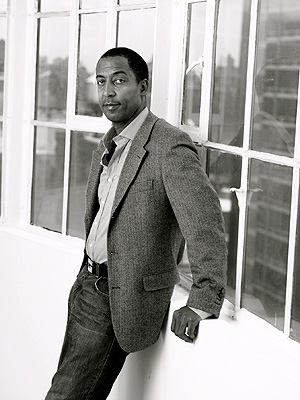 Today’s edition of NONFICTION, my WBAI-NY / 99.5 FM radio show, is a rebroadcast of my conversation with author Trey Ellis, discussing his latest book, Bedtime Stories. It takes place this afternoon, Friday, October 10, at 2 pm ET.
Today’s edition of NONFICTION, my WBAI-NY / 99.5 FM radio show, is a rebroadcast of my conversation with author Trey Ellis, discussing his latest book, Bedtime Stories. It takes place this afternoon, Friday, October 10, at 2 pm ET.
If you’re outside of the New York tri-state, you can check out our stream on the web. If you miss the live show, check out our archive for up to two weeks after broadcast.
September 5th, 2008 — NONFICTION, Work
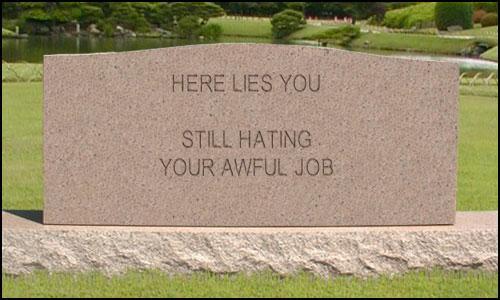
Like a lot of people working in the corporatesphere, Pamela Skillings hated the work she did. As she says in a piece for The New York Times this past June, she had even begun to adopt a cruel piece of hamster-wheel logic in order to keep herself going into the office every day:
Continue reading →
August 29th, 2008 — Education, NONFICTION
 In his book, The Price of Admission: How America’s Ruling Class Buys Its Way into Elite Colleges–and Who Gets Left Outside the Gates, Pulitzer Prize-winning journalist Daniel Golden rips the lid off of the modern university’s dirtiest secret: How colleges often quietly admit the lackluster, not-so-bright offspring of America’s wealthiest families, in order to solicit choice, multimillion-dollar donations from their parents, later.
In his book, The Price of Admission: How America’s Ruling Class Buys Its Way into Elite Colleges–and Who Gets Left Outside the Gates, Pulitzer Prize-winning journalist Daniel Golden rips the lid off of the modern university’s dirtiest secret: How colleges often quietly admit the lackluster, not-so-bright offspring of America’s wealthiest families, in order to solicit choice, multimillion-dollar donations from their parents, later.
He reveals how the sons of former vice president Al Gore, one-time Hollywood power broker Michael Ovitz, and Senate Majority Leader Bill Frist leapt ahead of more deserving applicants at Harvard, Brown, and Princeton. He explores favoritism at the Ivy Leagues, Duke, the University of Virginia, and Notre Dame, among other institutions. He reveals that colleges hold Asian American students to a higher standard than whites; comply with Title IX by giving scholarships to rich women in “patrician sports” like horseback riding, squash, and crew; and repay congressmen for favors by admitting their children. He also reveals that Harvard maintains a “Z-list” for well-connected but underqualified students, who are quietly admitted on the condition that they wait a year to enroll.
Daniel Golden is the guest, today, on this rebroadcasted edition of my WBAI-NY / 99.5 FM radio show, NONFICTION, this afternoon, Friday, August 29, 2 pm ET.
If you’re outside of the New York tri-state, you can check out our stream on the web. If you miss the live show, check out our archive for up to two weeks after broadcast.
August 22nd, 2008 — Architecture, Art, NONFICTION

Carter Wiseman is president of the MacDowell Colony, in Peterborough NH, and teaches at the Yale School of Architecture. In June of 2007, I hosted him on my WBAI-NY / 99.5 FM radio show, NONFICTION.
On the program, he spoke about two of his great passions: The Colony, and architect Louis Kahn, both on which he’d just finished books: Louis I. Kahn: Beyond Time and Style: A Life in Architecture, and A Place for the Arts: The MacDowell Colony, 1907-2007. (Kahn’s Philip Exeter Academy library, above, is, like Mac Dowell, in New Hampshire. It is his sole New England work.)
Kahn has long thrilled me, his buildings seemingly arising from undiluted conception. As a Mac Dowell fellow with a perverse interest in architecture—I spent April and May of 2005 there, working my ever-slowly progressing book on architecture in computer and video games—I was deeply and profoundly supported while answering the questions that necessarily bedevil creative work.
I had a wonderful time speaking with Carter Wiseman, a gentle and great mind. You can hear him by tuning in at 2 pm. If you’re outside of the New York tri-state, you can check out our stream on the web. If you miss the live show, check out our archive for up to two weeks after broadcast.
August 22nd, 2008 — NONFICTION

I made a boo-boo: My NONFICTION conversation with Judith Matloff (Home Girl: Buliding a Dream House on a Lawless Block) does not air today, but will broadcast on a future date.
I’ll try and keep these to a minimum, folks.
August 15th, 2008 — Art, Comics, Controversy, Gaming, NONFICTION, Pop Culture
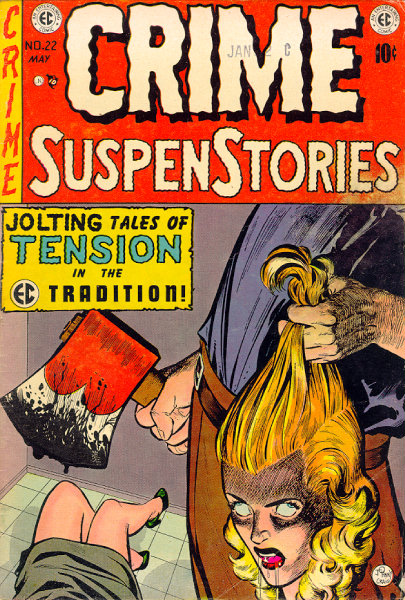
Few Americans, perhaps, understand how massive a medium comic books became after World War II. At their peak, retailers were moving $80-100 million worth of them per week. Plus, they were hugely influential: With a typical issue passed around between six to ten readers, comics were consumed by more people than the number of adults taking in movies, magazines, radio, or TV.
However, fewer of us, even more, understand how frantic the nation became when the medium went completely pulp, highlighting tales of noir crime and horror, like the infamous EC comic cover, above. With the enormous popularity of these criminal, murderous tales, comics were blamed for everything from truancy to homicide.
So argues David Hadju, in his new book, The Ten-Cent Plague: The Great Comic-Book Scare and How It Changed America. Hadju is my guest today on my WBAI-NY / 99.5 FM radio show, NONFICTION, this afternoon, Friday, August 15, 2 pm ET.
You can hear his ideas by tuning in at 2 pm. If you’re outside of the New York tri-state, you can check out our stream on the web. If you miss the live show, check out our archive for up to two weeks after broadcast.
August 14th, 2008 — Animation, Art, Entertainment, Humor, NONFICTION, Pop Culture, Sex
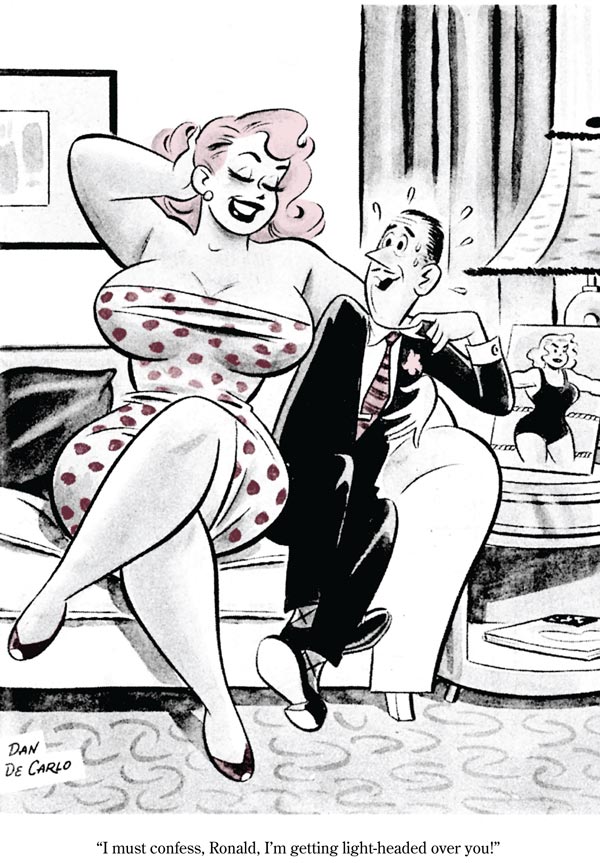
Artist Dan S. DeCarlo (1919-2001), below, is widely recognized as the creator of both the Sabrina the Teenage Witch and Josie and the Pussycats strips. But he is best known as the illustrator who gave Archie—the comic featuring the eponymous redheaded 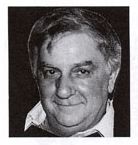 teenager, plus his friends Betty, Veronica, Jughead, Reggie, and the rest—their definitive form and line, the look by which they’re most known, and that modern artists must emulate when drawing the characters.
teenager, plus his friends Betty, Veronica, Jughead, Reggie, and the rest—their definitive form and line, the look by which they’re most known, and that modern artists must emulate when drawing the characters.
I think it’s for this reason that I love the two recently released Fantagraphics texts The Pin-Up Art of Dan DeCarlo, and The Pin-Up Art of Dan DeCarlo Vol. 2, edited by Alex Chun and Jacob Covey.
Continue reading →
August 8th, 2008 — Media, NONFICTION, Radio, Religion
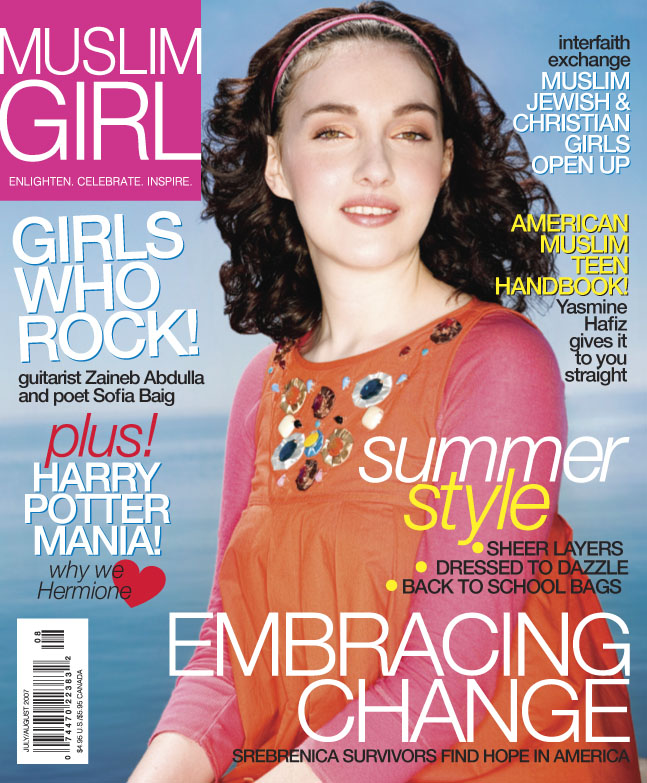
Muslim Girl magazine, published bimonthly since January 2007, targets the 400,000 women, ages 18-24, in the U.S. and Canada, who practice Islam. It’s the only beauty and lifestyle publication that does.
“It’s a huge, niche population that’s very underrepresented,” says Ausma Khan, editor-in-chief of Muslim Girl, and part of the original planning group that created the periodical. “And yet Muslims are in the media all the time, overrepresented in very negative ways, where their stories are constantly being told about them from the outside, and their own voices are very rarely added to the mix.”
Ausma Khan is the guest today on my WBAI-NY / 99.5 FM radio show, NONFICTION, this afternoon, Friday, August 8, 2 pm ET.
Continue reading →


 Today’s edition of NONFICTION, my WBAI-NY / 99.5 FM radio show, is a rebroadcast of
Today’s edition of NONFICTION, my WBAI-NY / 99.5 FM radio show, is a rebroadcast of 
 In his book,
In his book, 





